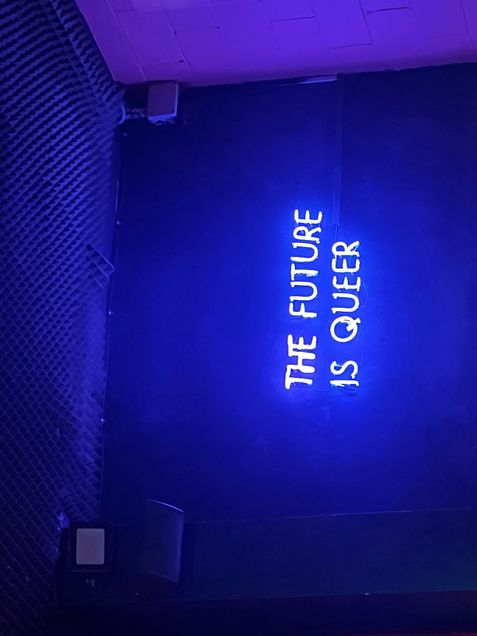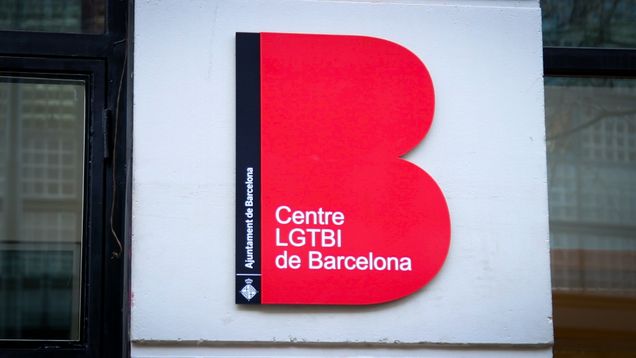March 10: Barcelona LGBTI+ Community

A large part of any culture can be found within the people. People of all kinds can be found in Barcelona, including those identifying within the LGBTI+ community. Spain can be considered one of the most progressive countries with regard to LGBTI rights, although this reflects many dramatic changes that have only occurred in recent decades. Many of the protections and equality rights include: same-sex marriage; same-sex couples can adopt children; all LGBT+ identifying individuals can serve openly in the military; and there are anti-discrimination laws for employment, the provision of goods and services, and against hate speech. Barcelona is also a pioneer in championing sexual and gender diversity. Two years following the fall of the dictatorship, Barcelona was the first city in the Spanish state to organize a demonstration for LGBTI rights. Since the 1970s, a large number of associations and groups have been continuously fighting and working to secure and protect everyone’s rights. Specifically, the Barcelona City Councillor’s Office for Feminism and LGBTI Affairs, which is in charge of promoting gender fairness throughout the city; with its main strategy being to combat more structural aspects of gender inequality and sexism. As stated within their goals on their website, the Office of LGBTI Affairs’ efforts include:
- Putting an end to the exclusion of people with bodies, identities, expressions, and desires that fall outside gender norms.
- Including the intersectional-gender and LGBTI perspective in all the City Council’s departments and areas.
- Defending sexual and gender diversity from all forms of discrimination while promoting a city that is proud of and respectful towards sexual and gender diversity.

Alongside a more supportive government and municipality, Barcelona also has a community space called the “Barcelona LGBTI Centre” that is safe for individuals to go to for information, advisory, and direct assistance services. Some of the services range from counseling, to legal advice, to assistance for Transgendered and Intersex individuals. They also provide on their website and in the center, a place to post activities and events focused within the community, as well as a place to view art work created by LGBTI+ individuals. Additional information can be found via the centres website: https://ajuntament.


Author: Ricky Moats